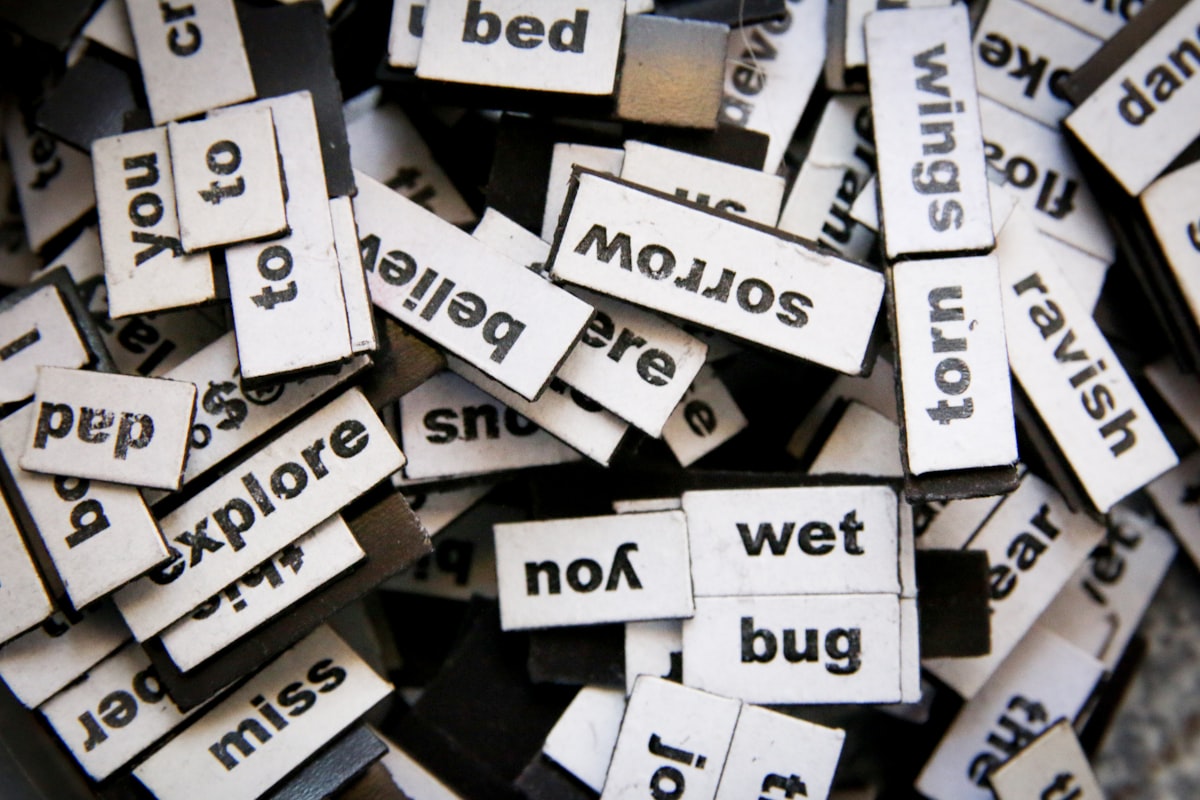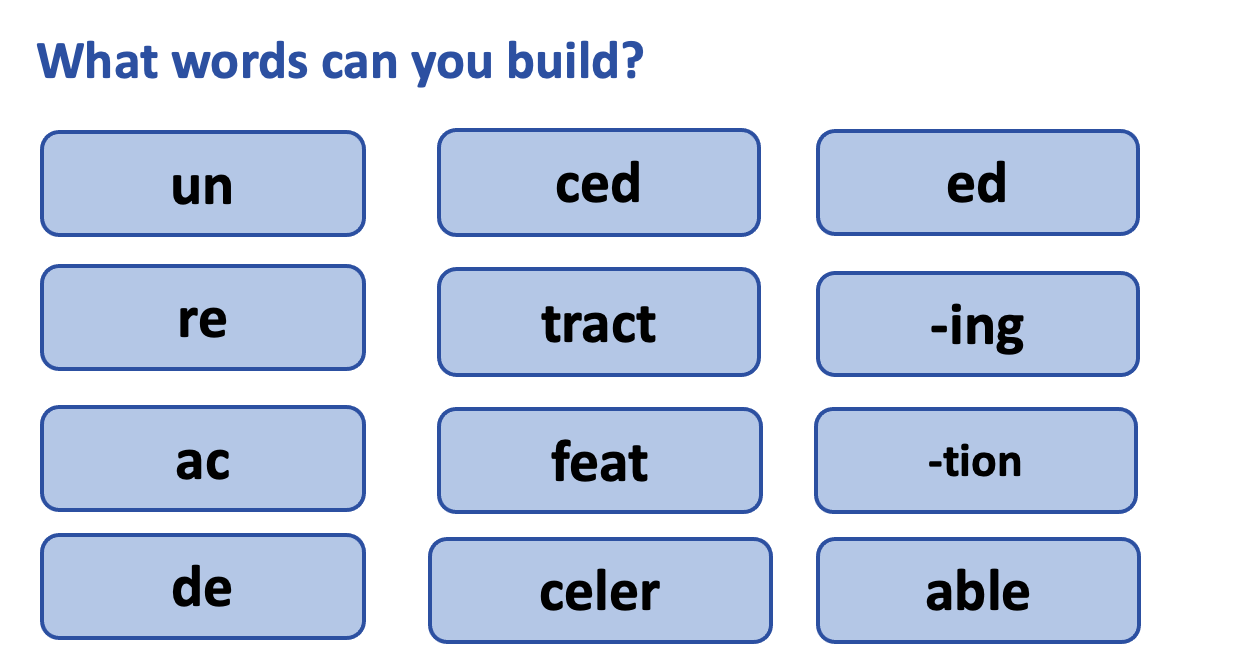
Why ‘word consciousness’ matters
We can learn language in small increments - word for word and phrase by phrase, making connections for a deeper understanding of rich language patterns. Teachers experienced in communicating the language of the curriculum know that teaching vocabulary is valuable for many, and for some pupils it proves critical to












